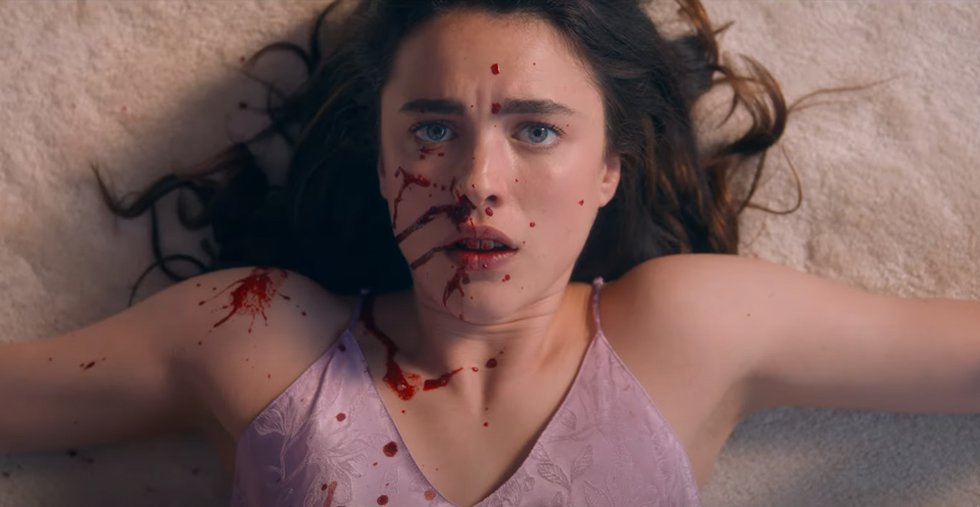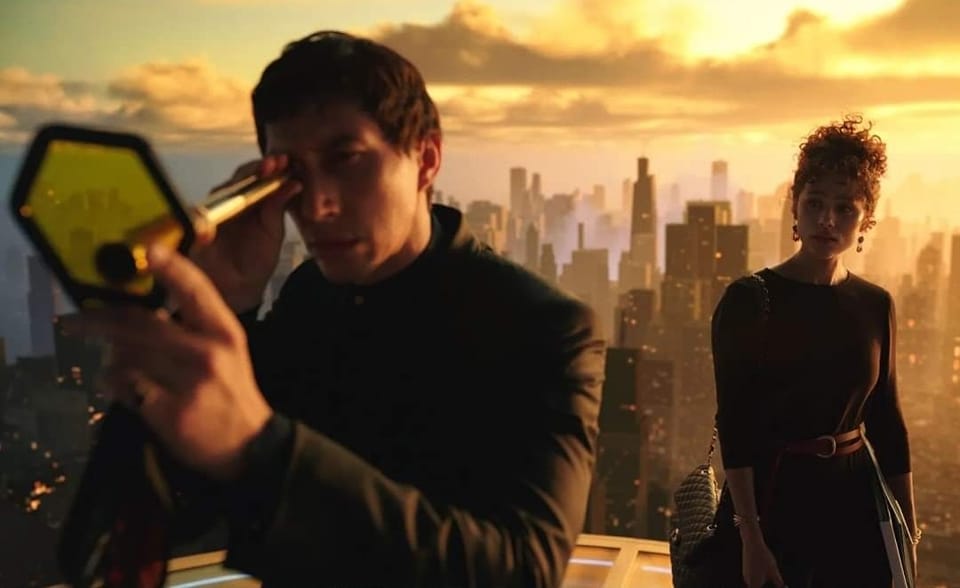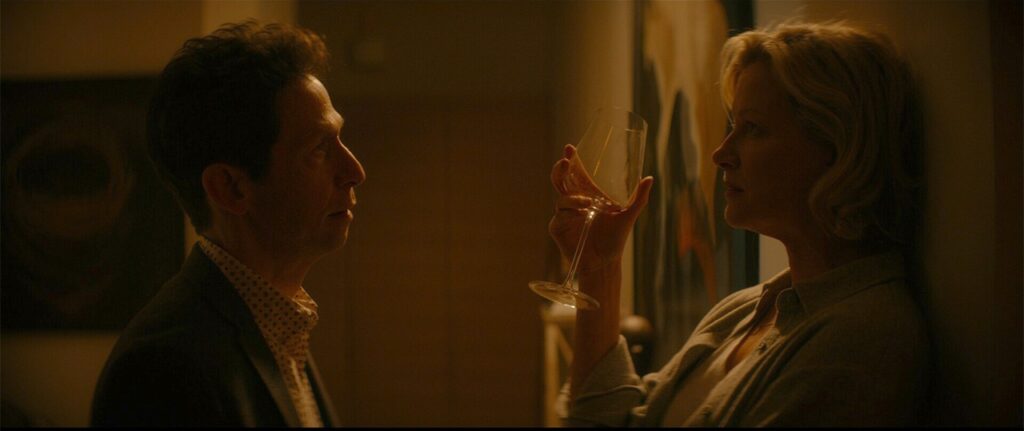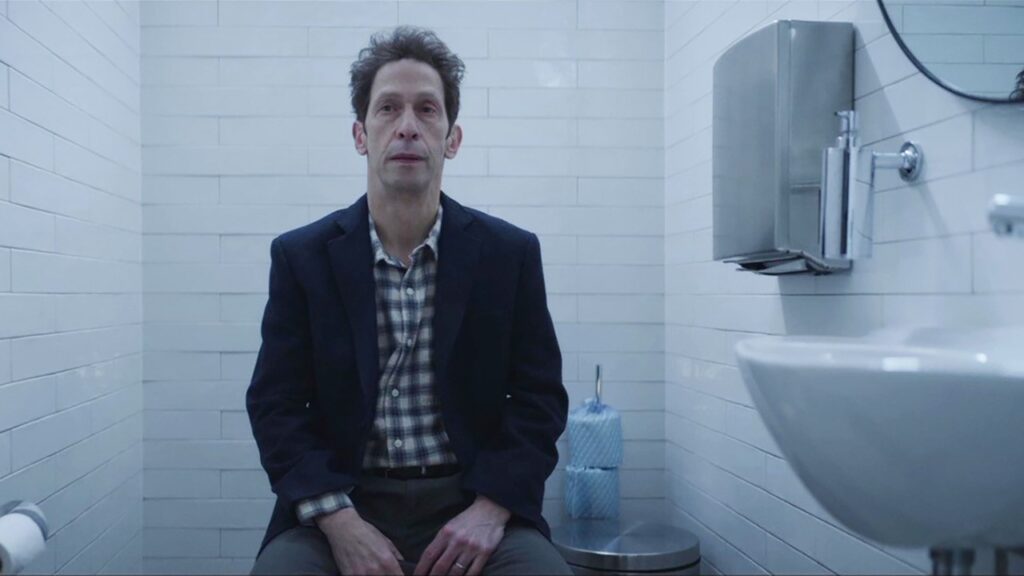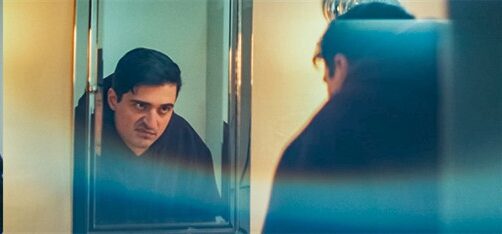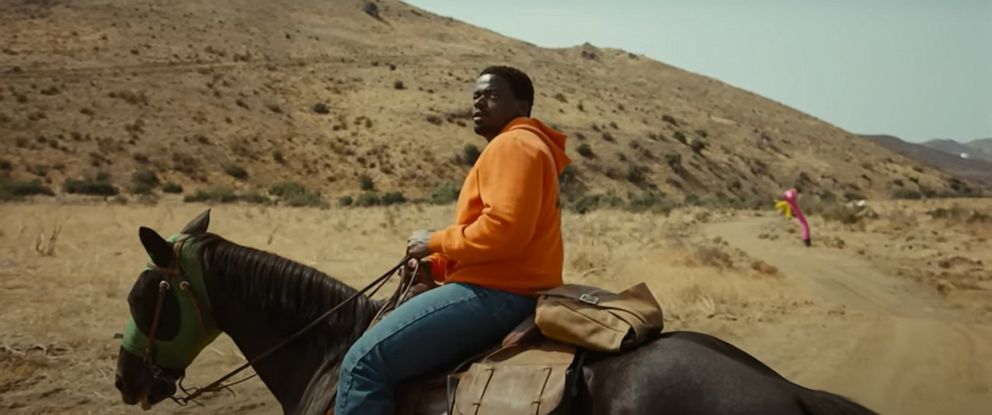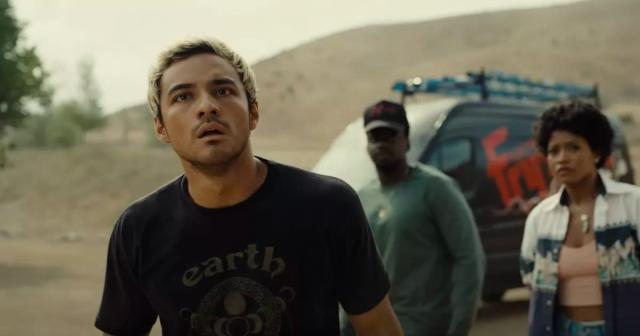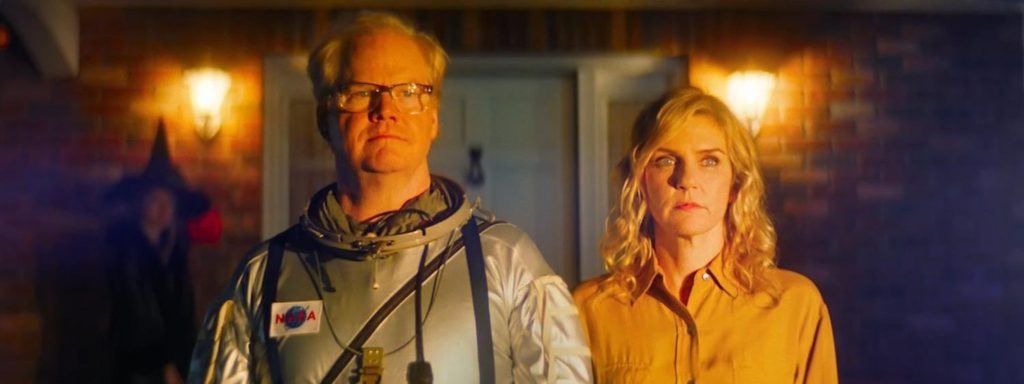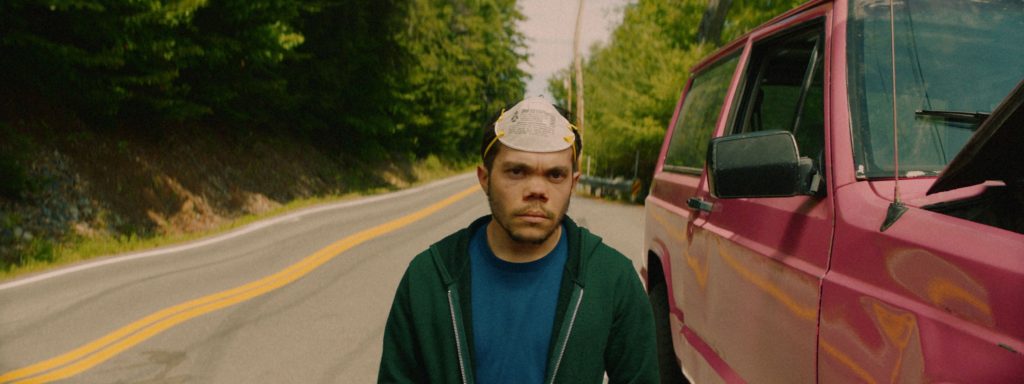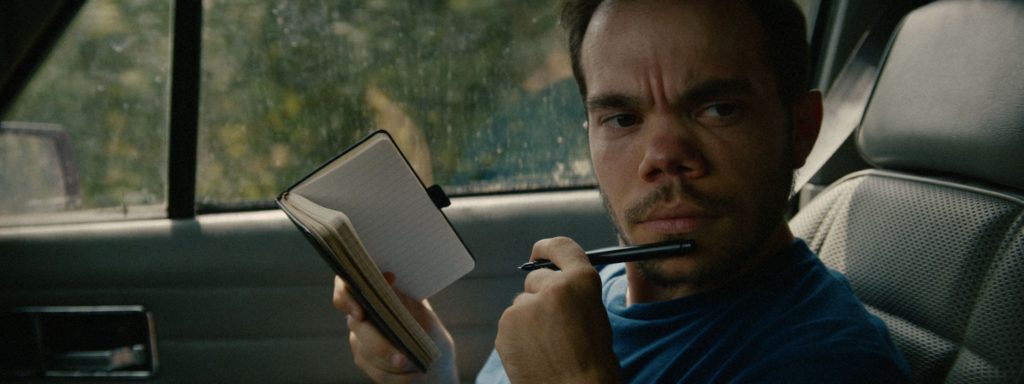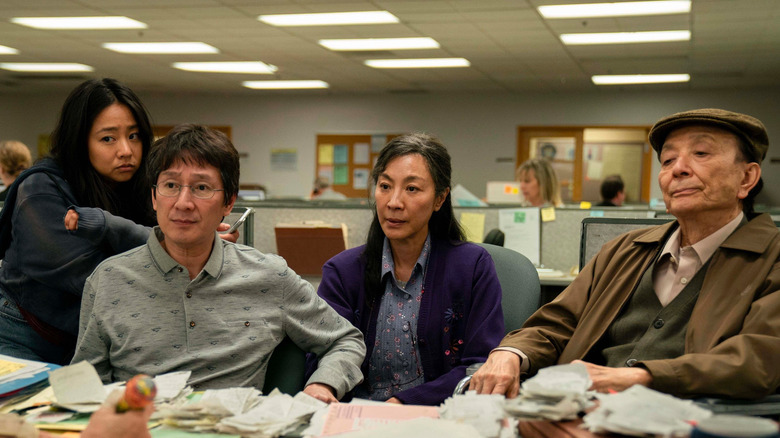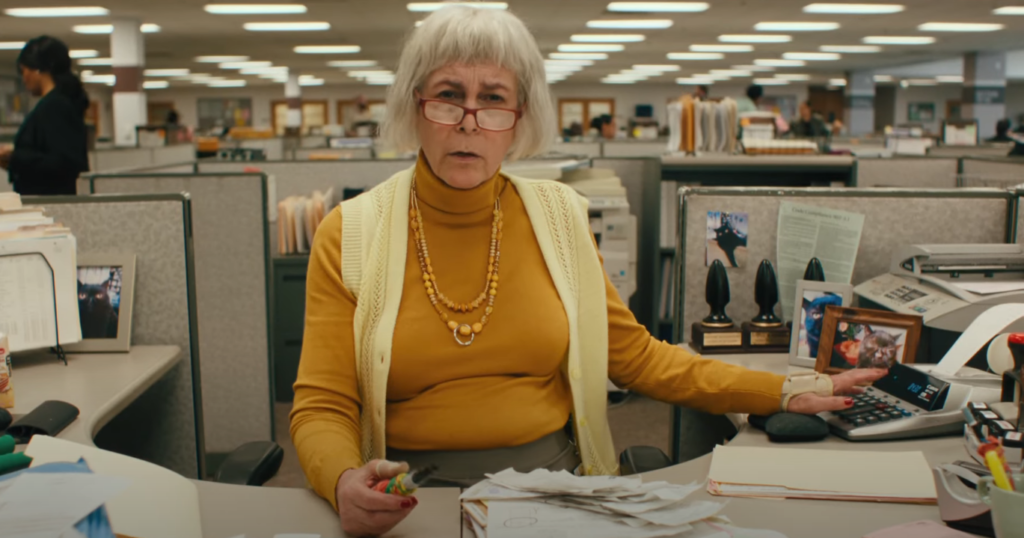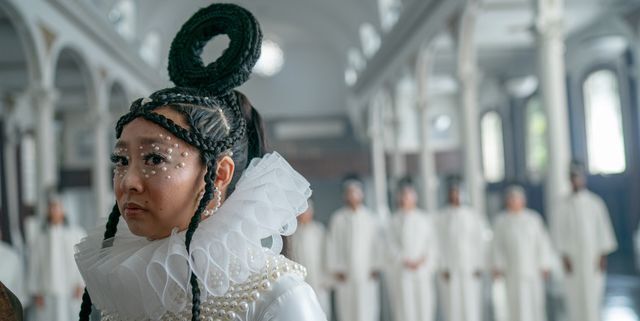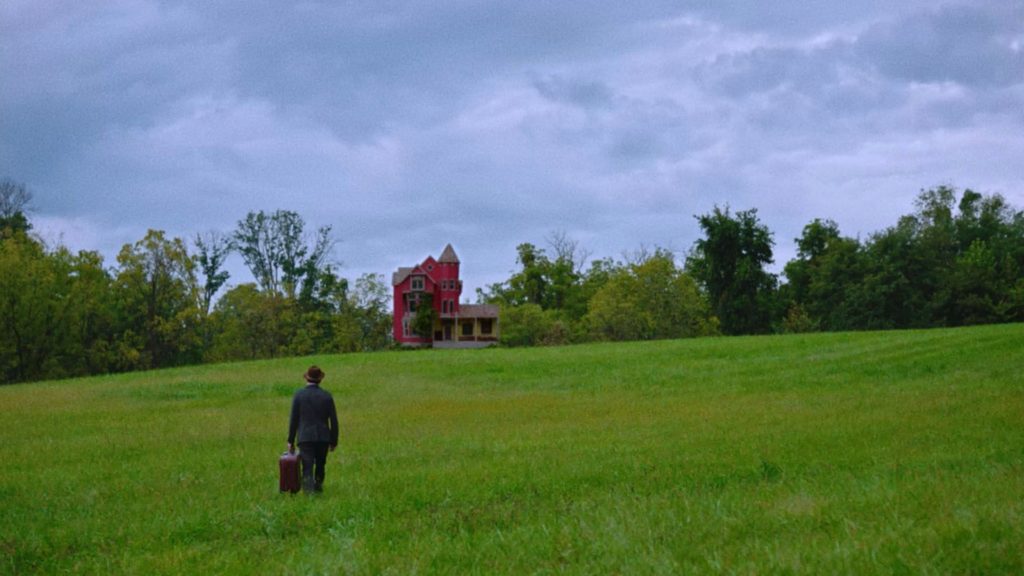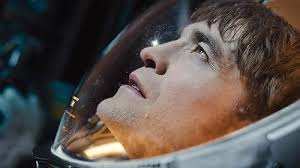
In Bong Joon Ho’s futuristic comic fable Mickey 17, Robert Pattinson plays Mickey, a dim bulb looking to escape a nasty loan shark. Mickey’s desperation is so high, and his self esteem is so low, that he takes a horrific assignment on a space colonization expedition. Mickey’s new job title is Expendable – his body and brain are scanned so that he can be replicated and reprogrammed with his own memories if he is killed; that allows the expedition to use him as a guinea pig and a scout, who can test pilot conditions that might be lethal. Indeed, Mickey has been killed so often that his seventeenth version – Mickey 17 – has just been 3-D printed.
The expedition is led by a buffoonish narcissist and media hog (Mark Ruffalo). He is an election loser who seeks to regain his Big Fish status on a frozen planet. Headstrong and intellectually lazy, he hasn’t bothered to research the destination planet, figuring that he can bull ahead and overwhelm any obstacles with resources, aggression and technology. Does this profile remind you of anyone? He is amoral and utterly ruthless, as is his wife (Toni Collette) . She is kind of a demented Lady Macbeth, obsessed with concocting something she calls “sauce”.
As the colonization attempt faces more challenges and the leader becomes more awful and more unhinged, the expedition’s survival depends on poor Mickey and his closest two colleagues (one of which is really, really, really close). Comic situations and sci fi action ensues.
Although Mickey 17 is a comedy, I only heard the occasional chuckle from the audience. I found the ending to be predictable.
Director and writer Bong Joo Ho adapted the screenplay from the Edward Ashton novel Mickey 7. Bong is a critic of unfettered capitalism, and, Mickey 17, like Snowpiercer, Okja and his Oscar-winner Parasite, takes on the issues of class and corporate greed.
Part of the problem is that Bong asked Ruffalo (with gleaming teeth and a rich guy haircut) and Collette to deliver over-the-top performances, and they obliged. The social satire would have packed more of a punch with more realistic characters, as in Parasite.
This may be, however, a career-topping performance by Robert Pattinson, who nails Mickey’s goofy resignation. His narration, in Mickey’s voice, is a hoot.
Besides Pattinson, the standout is British actress Naomi Ackie, who plays what is essentially the female lead. She’s wonderfully charismatic, and badass,
Bong Joo Ho makes movies so original that it’s been said that he is his own genre. His Memories of Murder is, for my money, the very best serial killer movie. Mickey 17 is always entertaining, but, on th whole, one of Bong’s lesser efforts.


